This month I visited the South Carolina Aquarium for the first time. I was on a panel with four fascinating people: friend and fellow aquanaut Fabien Cousteau, NOAA expedition coordinator Dr Daniel Wagner, shark expert Dr David Ebert, and science communicator/space enthusiast Dr Nadia Drake. We talked with a sold out crowd about the weird and wonderful things in the ocean.
Of course my favorite part was getting to meet everyone, both my fellow panelists and guests at the event. A theme of the evening, and of the Aquarium's work in general, is how much there is to learn from your own backyard. Dr Wagner reminded us that just last year (in 2018!) researchers discovered a vast coral reef just about 160 miles off the coast of where we were seated for the panel (NBC article about discovery). Dr Ebert found and named new shark species in his backyard of Monterey Bay, California. I thought Monterey Bay must be one of the best understood marine areas because it's had an excellent research center there for decades. Apparently we still have a lot to learn even there! I find that motivating and exciting.
The South Carolina Aquarium runs an impressive set of events and activities that inspire conservation of the natural world. Several people I met at the event were pushing for limits on plastic pollution in the city and its surrounding suburbs. A few days before this event, Charleston County approved a ban on plastic bags and foam packaging. There was concern that the state might invalidate the ban, however (local news article). Several Charlestonians I met were also looking for ways to protest against the seismic testing planned off their waters (and all along the east coast), as this is known to harm whales and other marine life. There is grave cause for concern. Unfortunately it seems the testing is slated to continue. I wish I could get ahold of the environmental assessment report for this activity; if anyone has leads please contact me or contact below. Those on land might not notice, but those underwater will.
Of course my favorite part was getting to meet everyone, both my fellow panelists and guests at the event. A theme of the evening, and of the Aquarium's work in general, is how much there is to learn from your own backyard. Dr Wagner reminded us that just last year (in 2018!) researchers discovered a vast coral reef just about 160 miles off the coast of where we were seated for the panel (NBC article about discovery). Dr Ebert found and named new shark species in his backyard of Monterey Bay, California. I thought Monterey Bay must be one of the best understood marine areas because it's had an excellent research center there for decades. Apparently we still have a lot to learn even there! I find that motivating and exciting.
The South Carolina Aquarium runs an impressive set of events and activities that inspire conservation of the natural world. Several people I met at the event were pushing for limits on plastic pollution in the city and its surrounding suburbs. A few days before this event, Charleston County approved a ban on plastic bags and foam packaging. There was concern that the state might invalidate the ban, however (local news article). Several Charlestonians I met were also looking for ways to protest against the seismic testing planned off their waters (and all along the east coast), as this is known to harm whales and other marine life. There is grave cause for concern. Unfortunately it seems the testing is slated to continue. I wish I could get ahold of the environmental assessment report for this activity; if anyone has leads please contact me or contact below. Those on land might not notice, but those underwater will.
Aquarium Highlights
Here are bits from what I learned while touring the Aquarium, copied from my Instagram story.
It’s illegal to have captive marine mammals in South Carolina. Instead this Aquarium encourages people to see the wild dolphins in the harbor. The Georgia Aquarium still has a captive whale shark, which I do not support. The aquarium has an impressive amount of medical equipment to help rescued turtles. The equipment was donated from nearby hospitals as they upgraded their tools. I thought this was a great way of giving new life to old tools that otherwise go to waste.
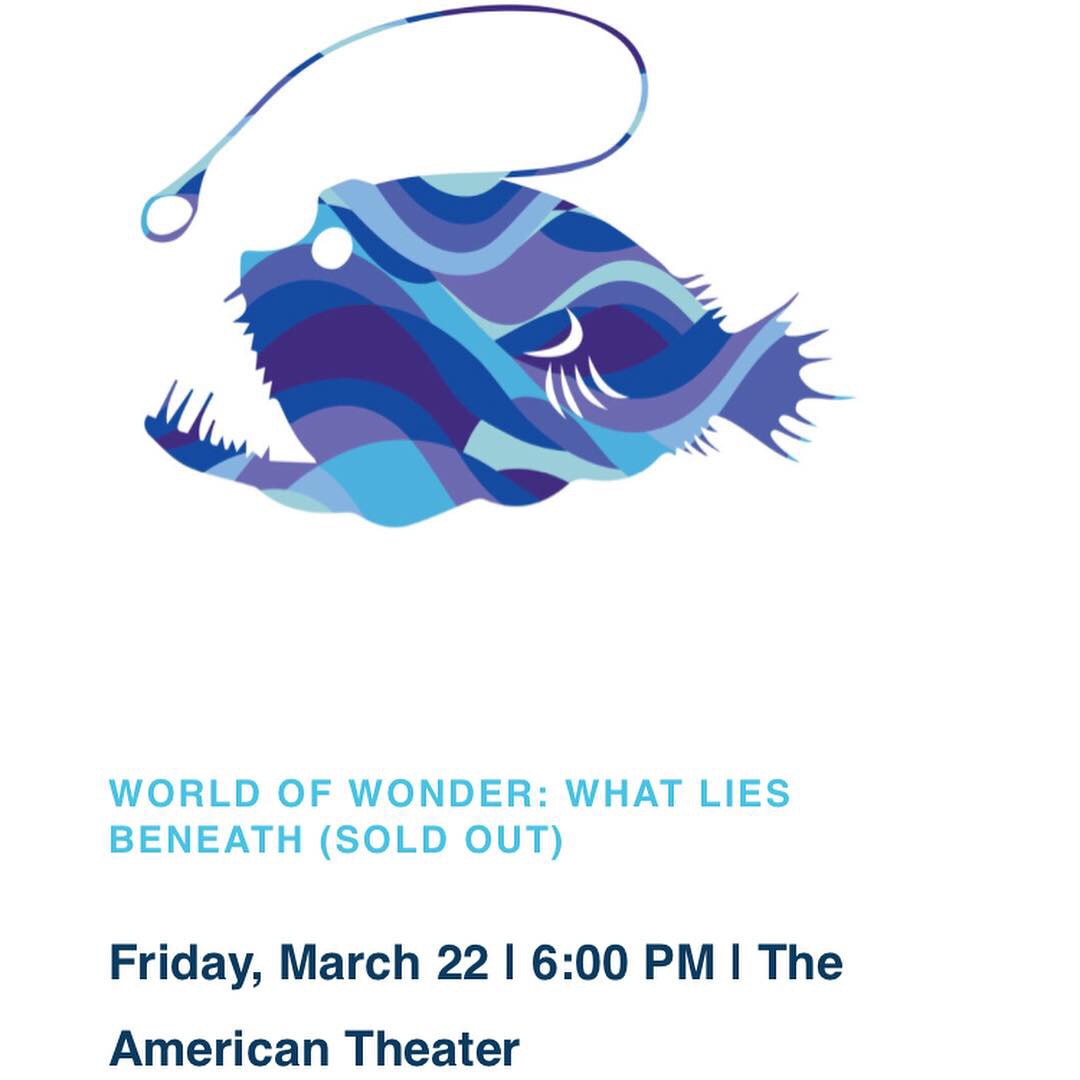
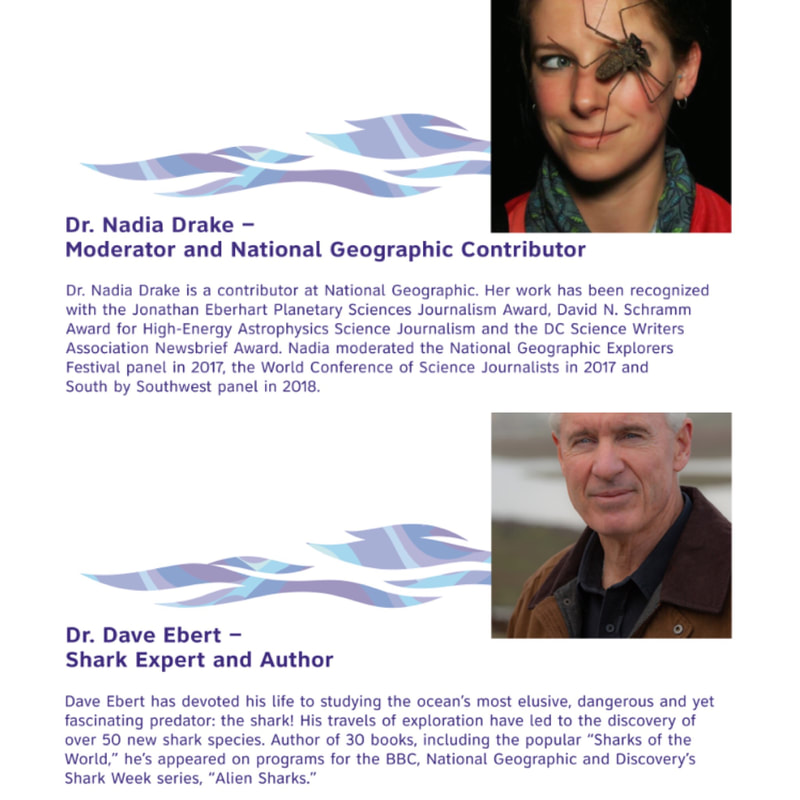
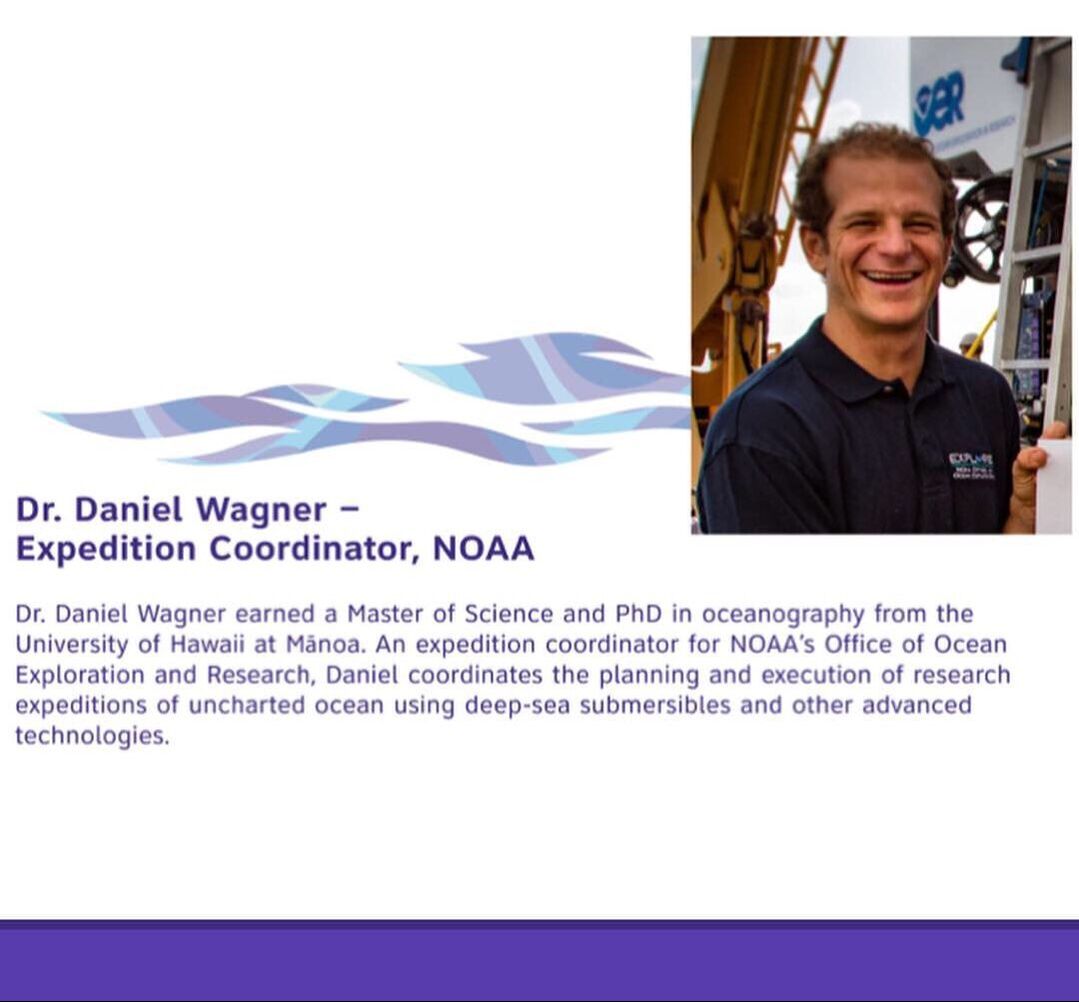
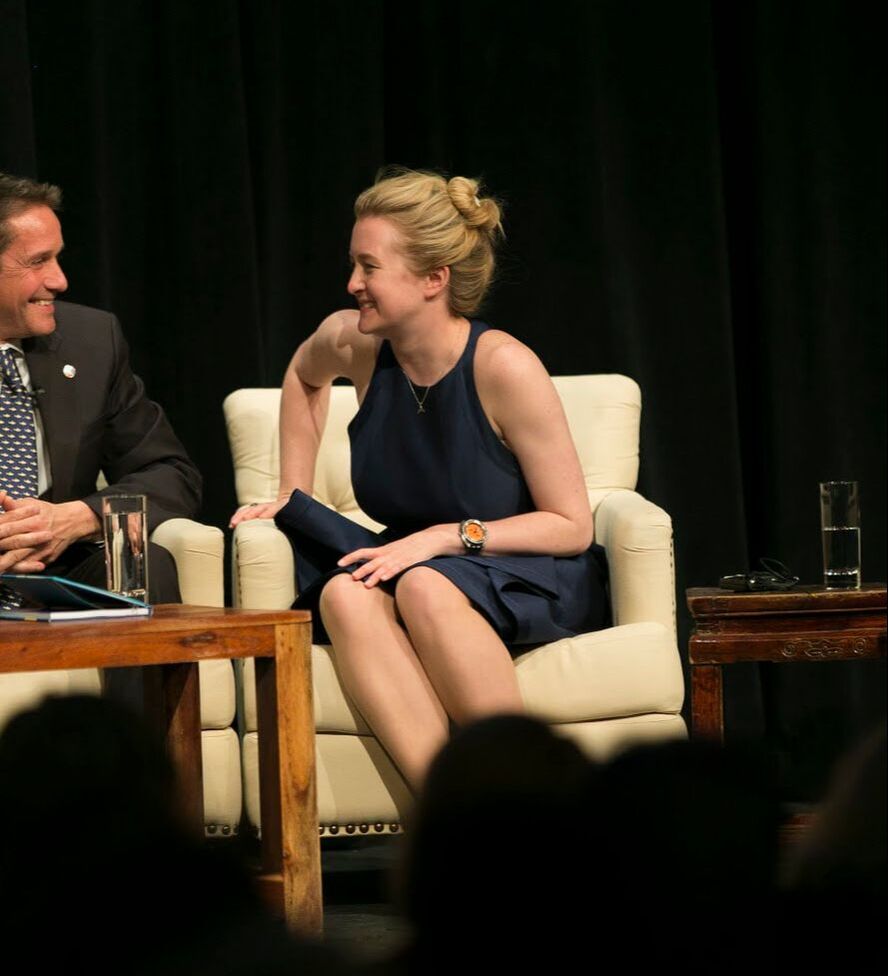
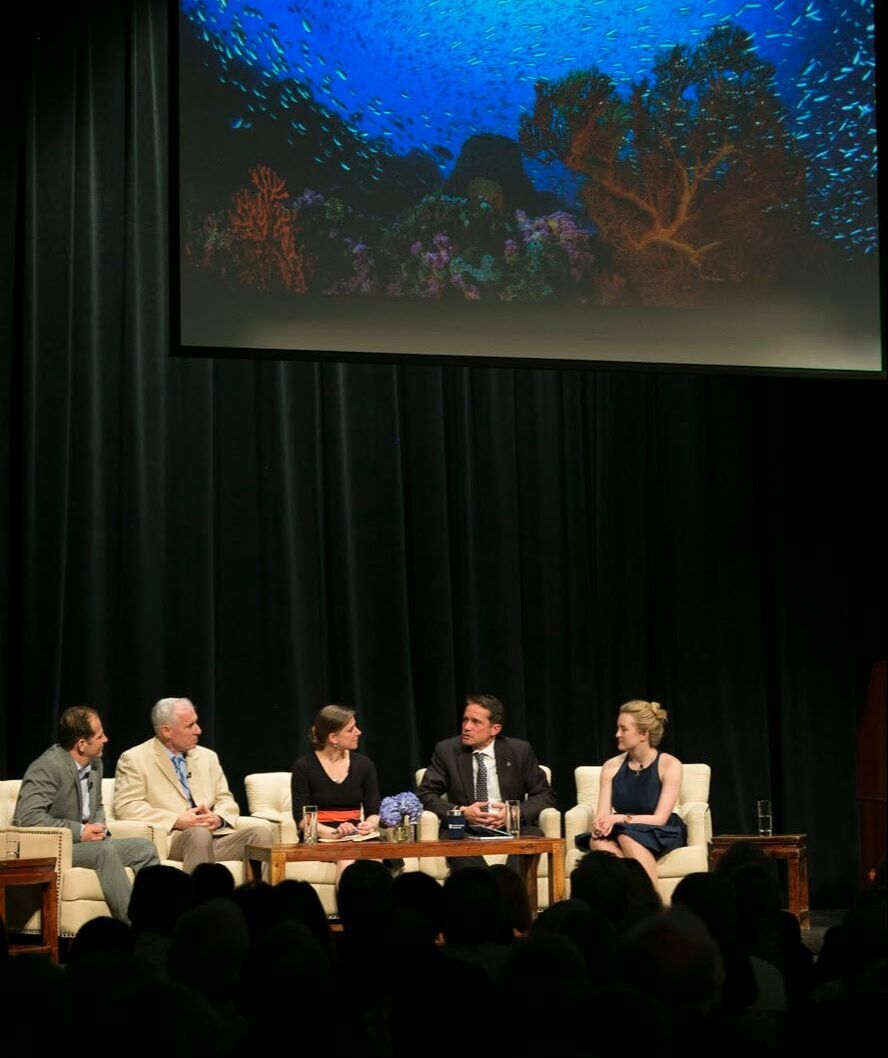
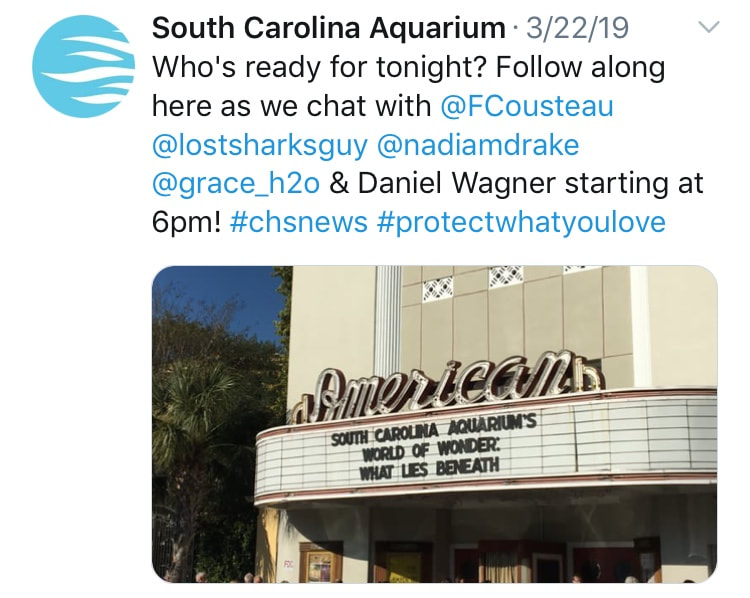
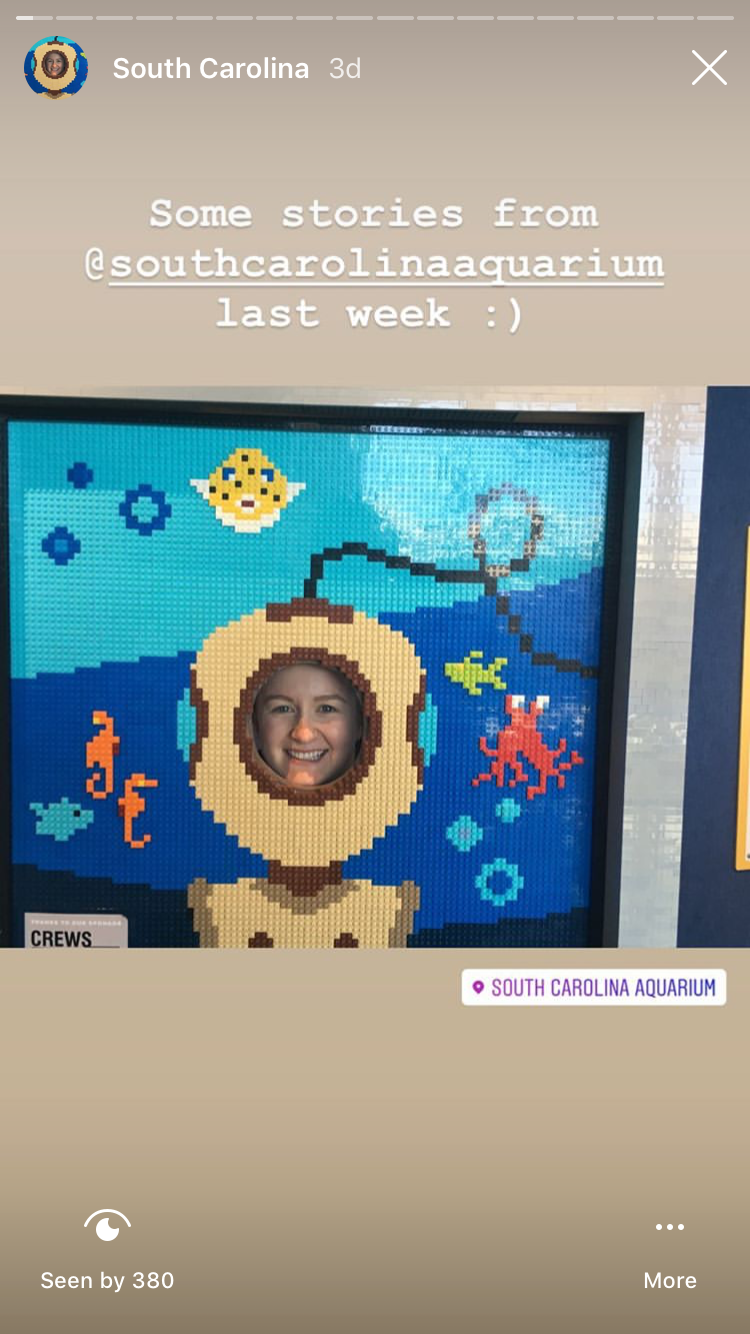
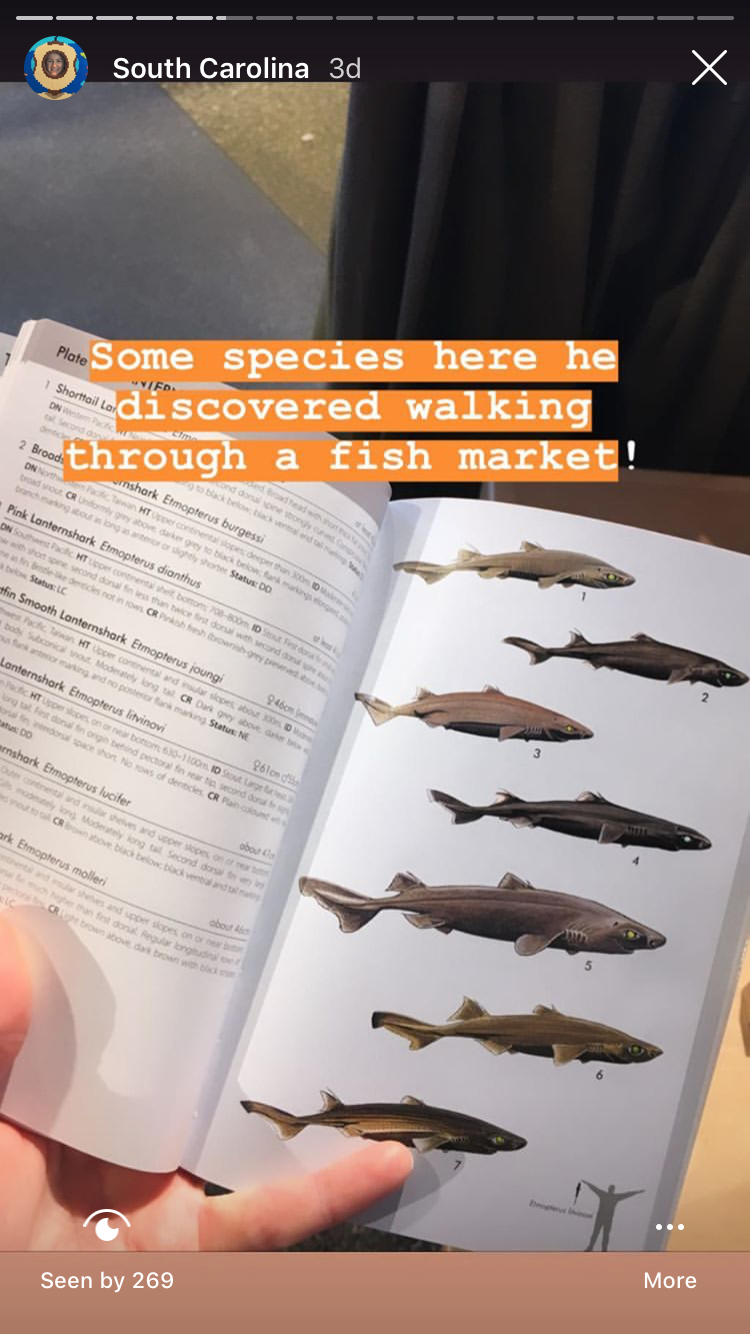
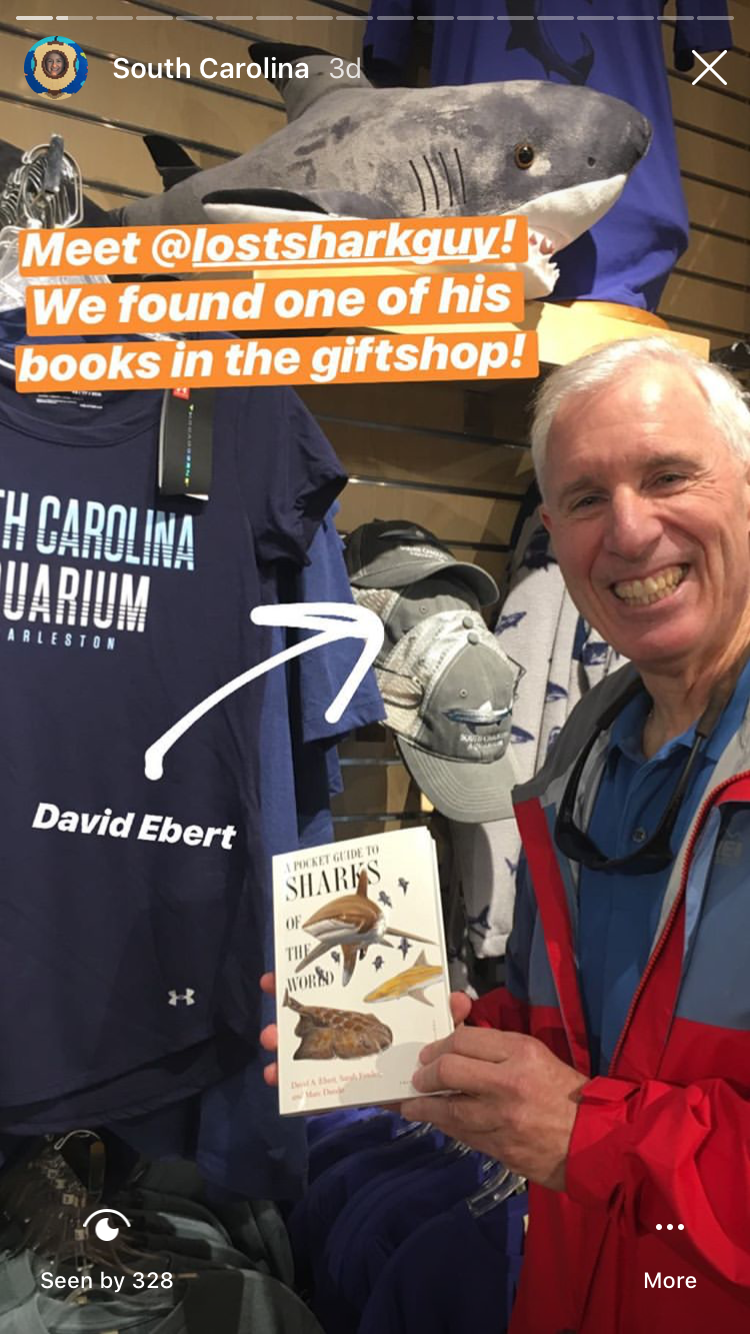
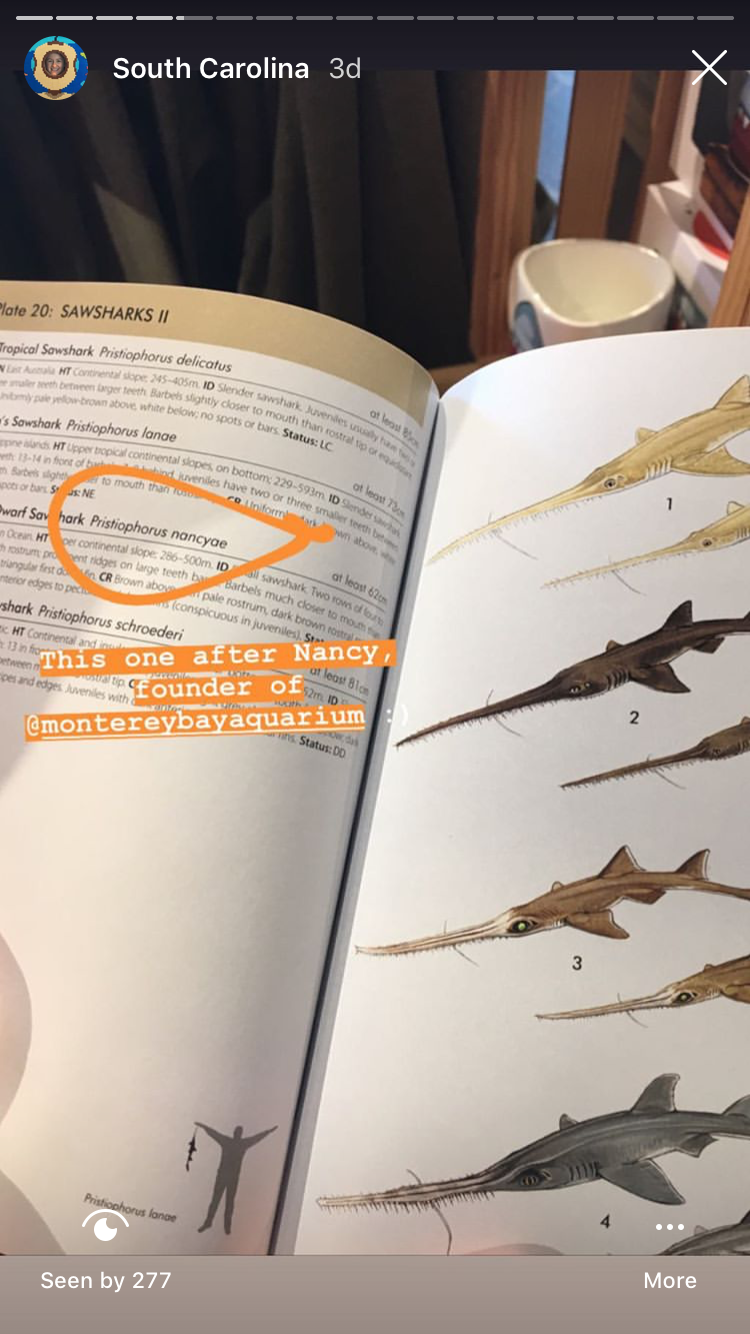
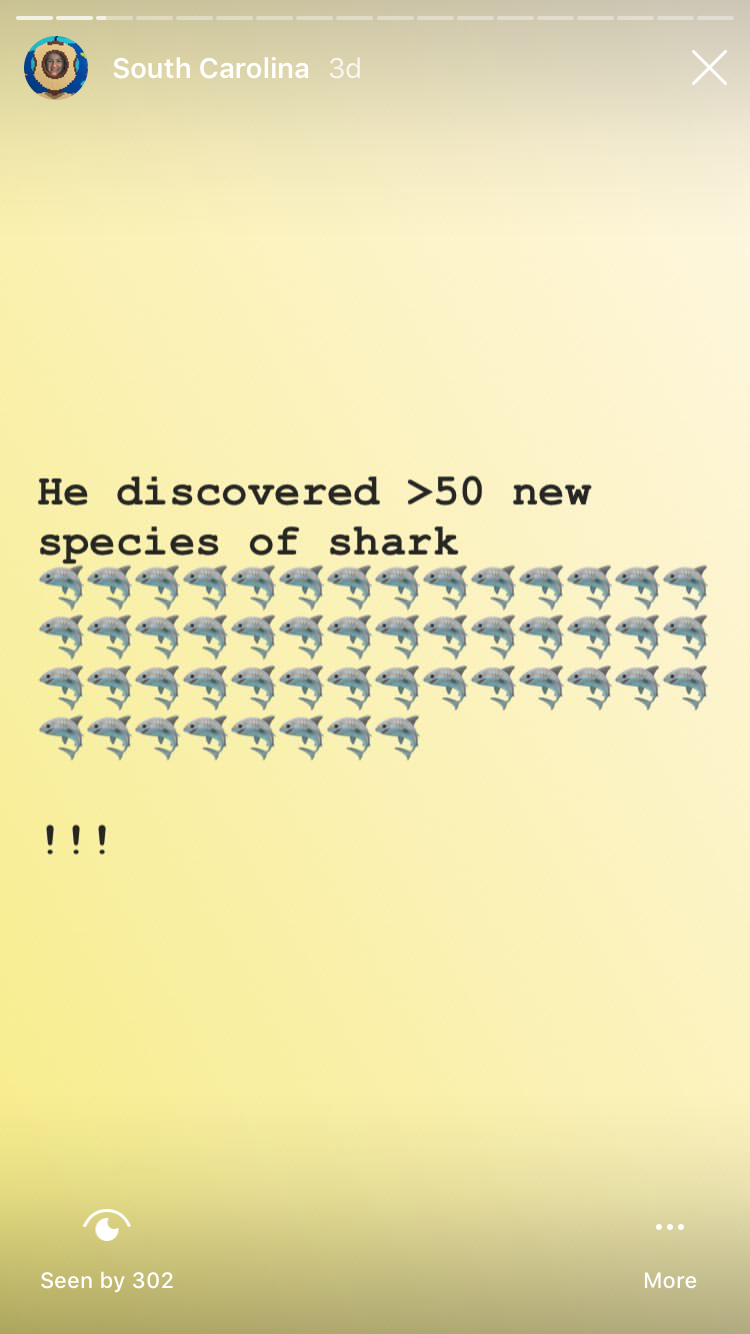
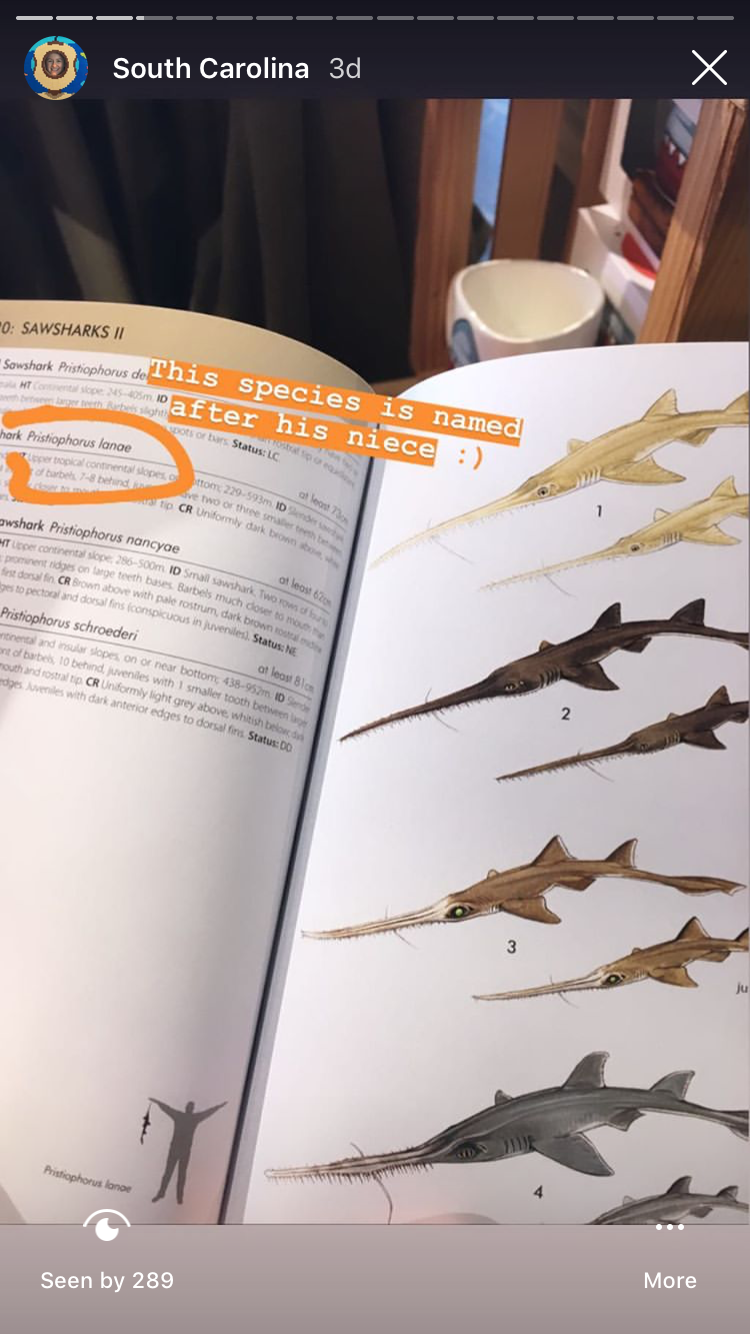
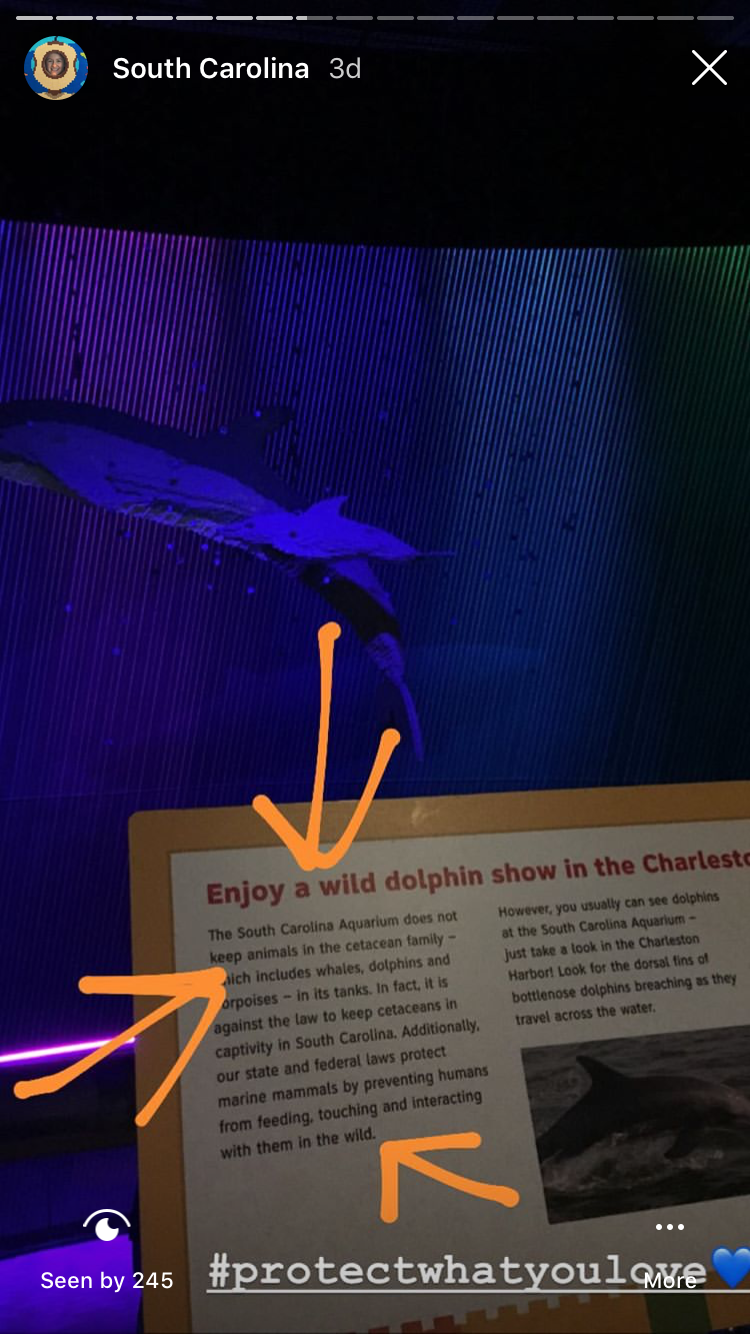
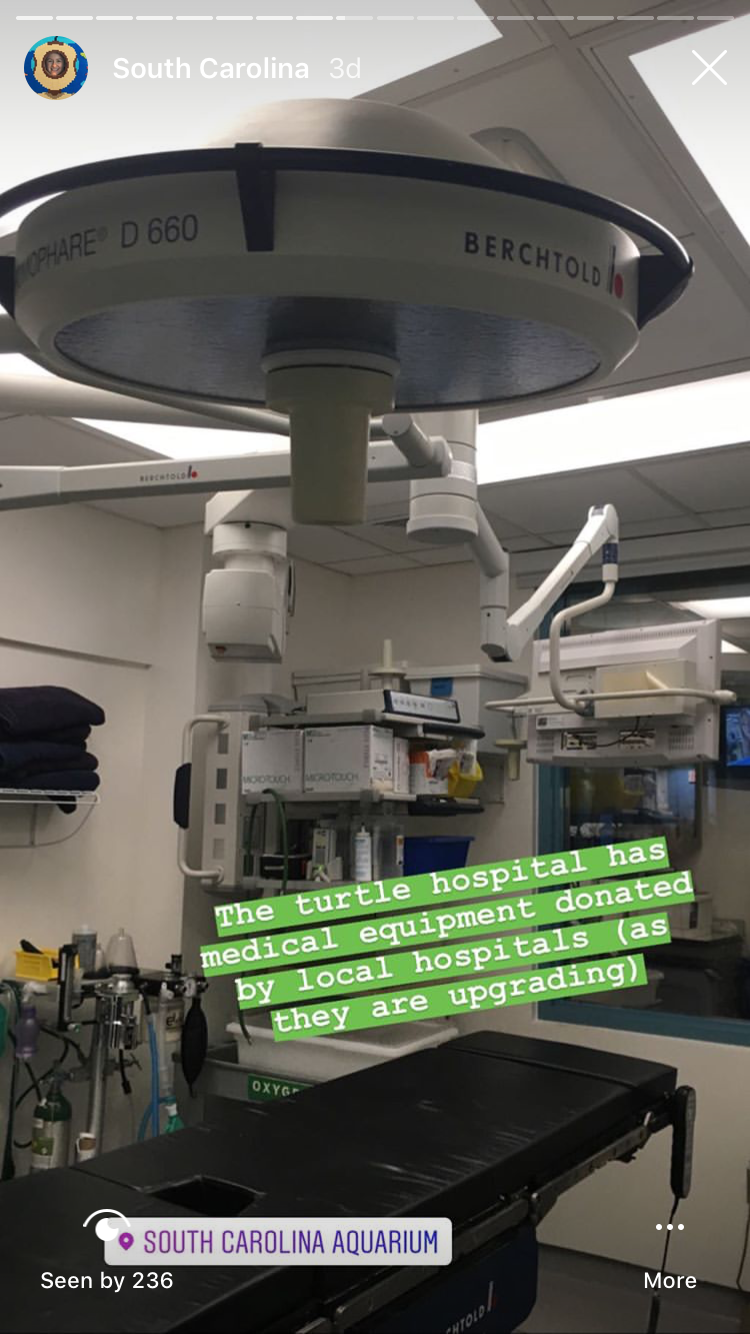
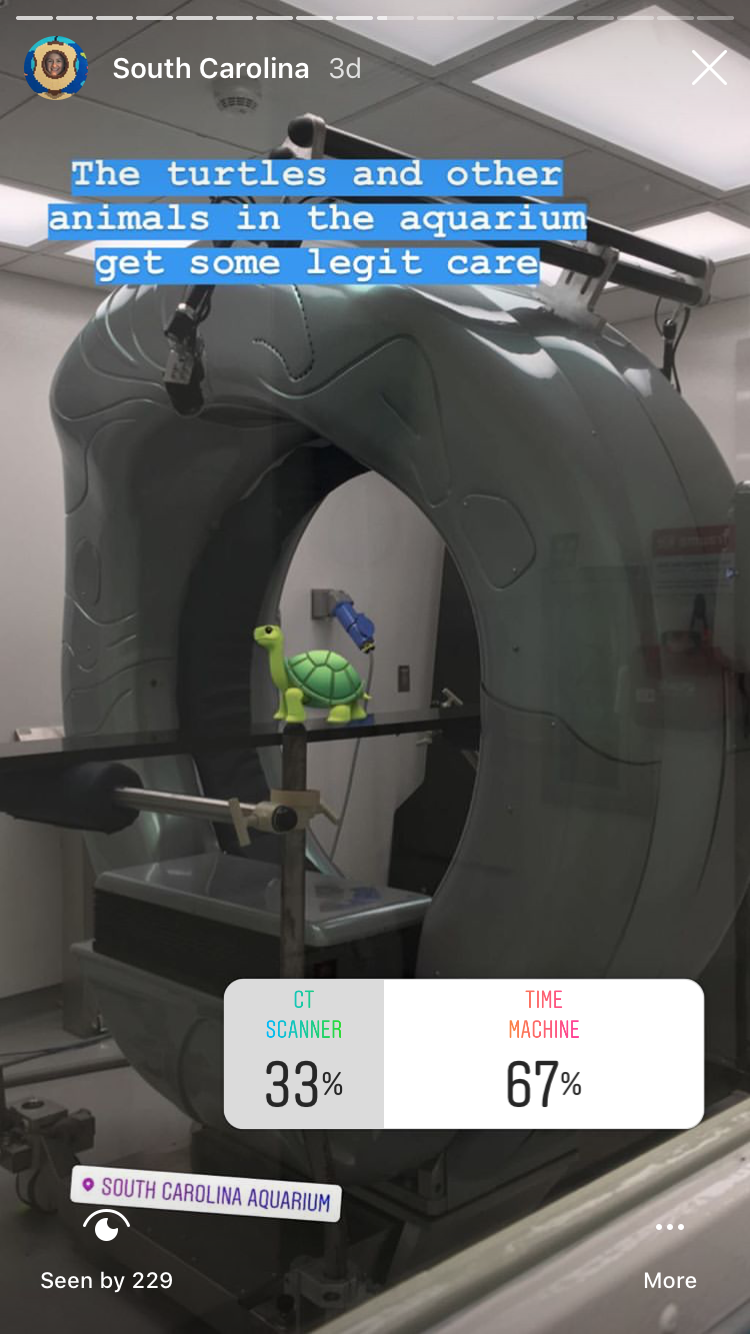
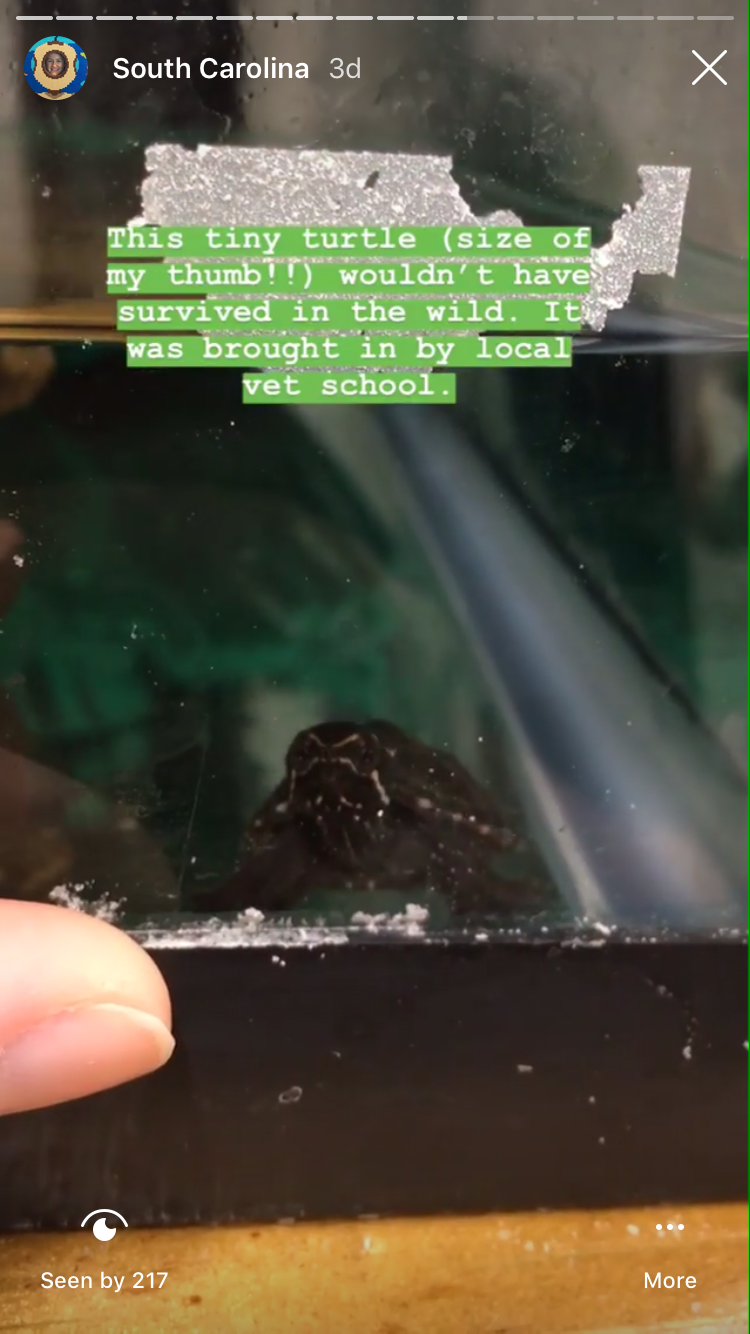
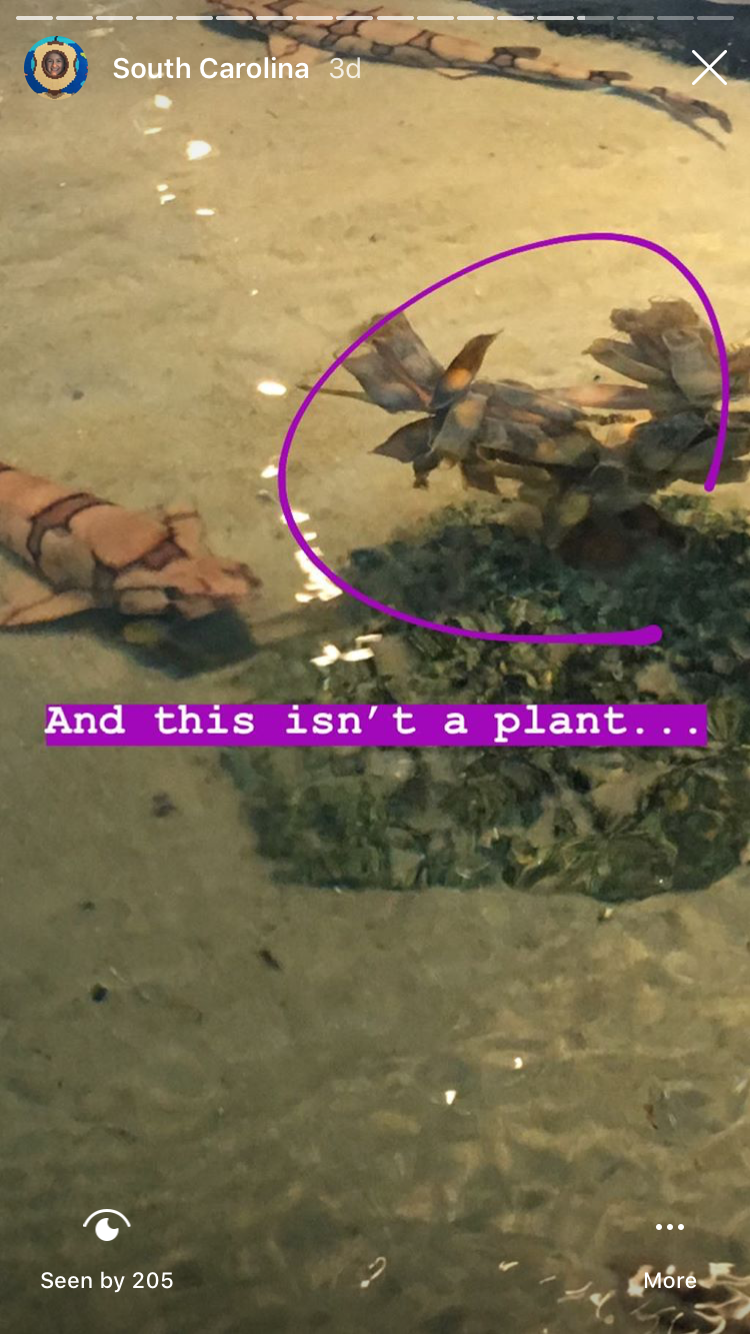
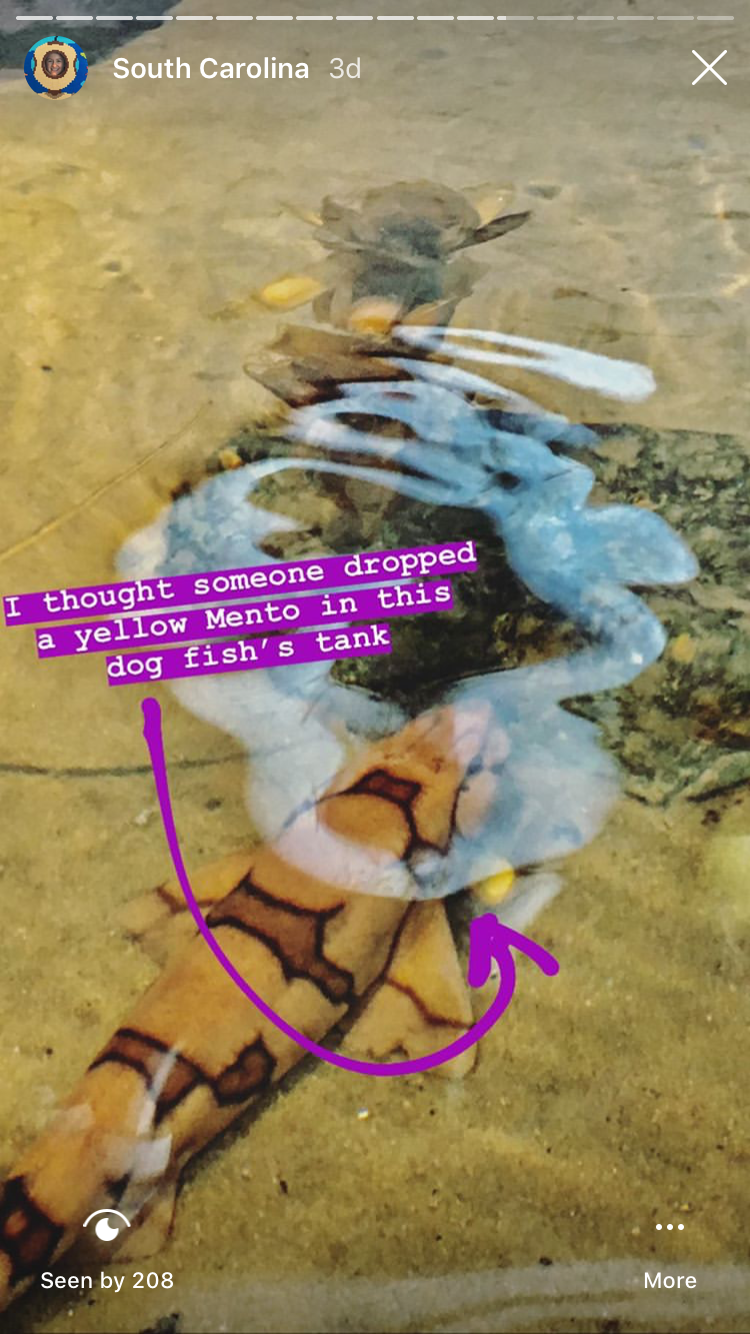
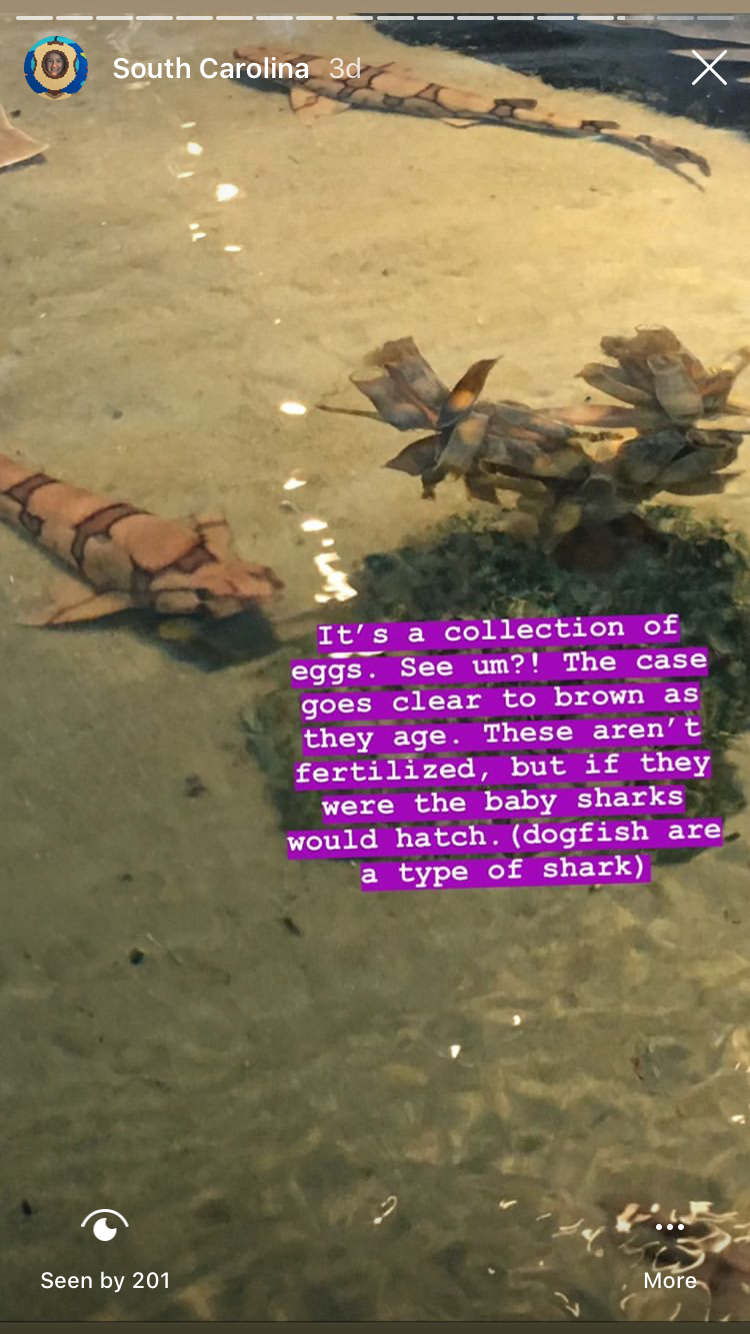
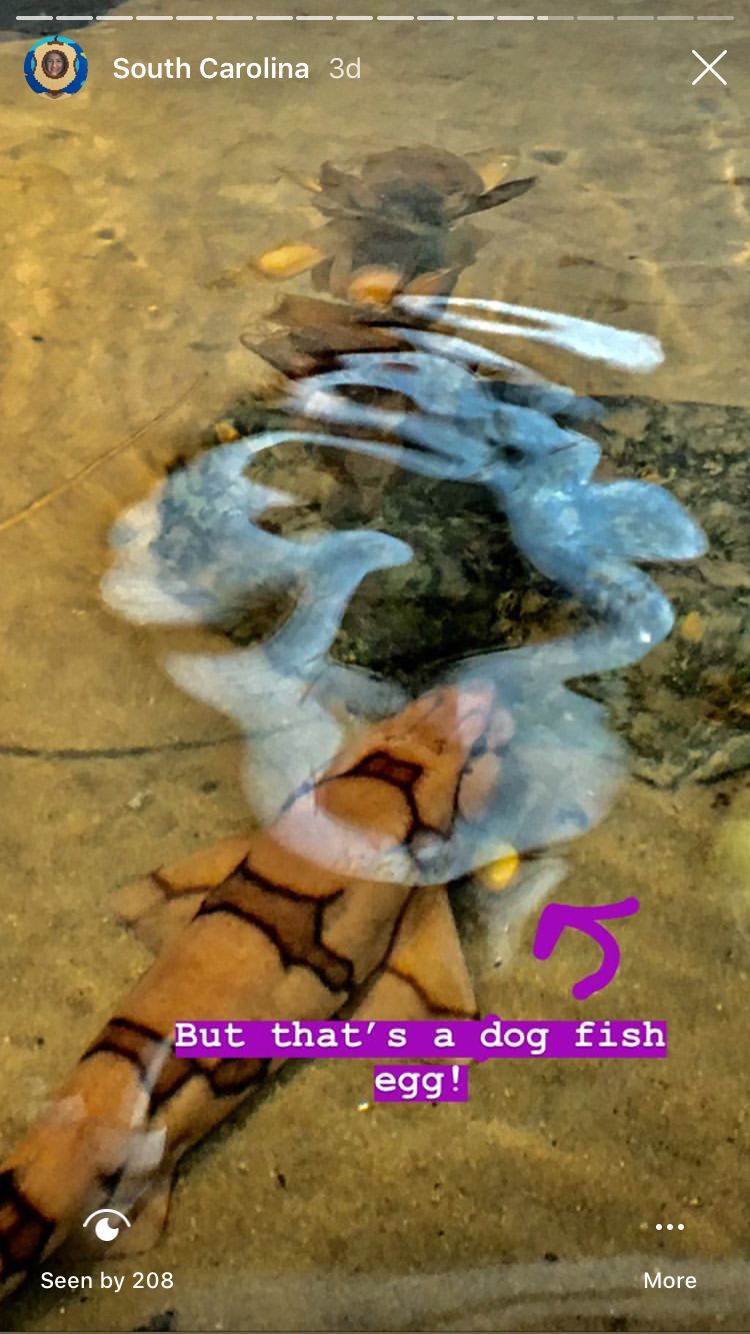
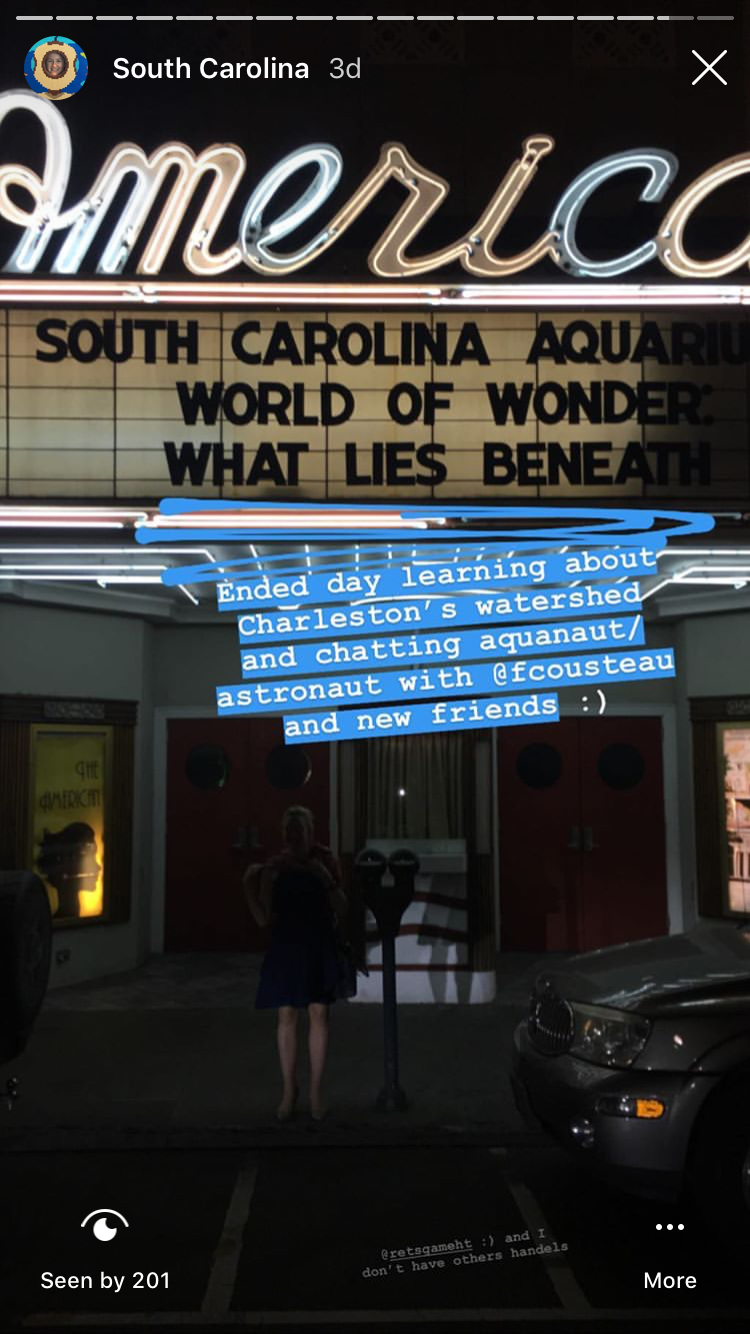
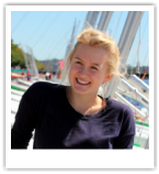
 RSS Feed
RSS Feed
